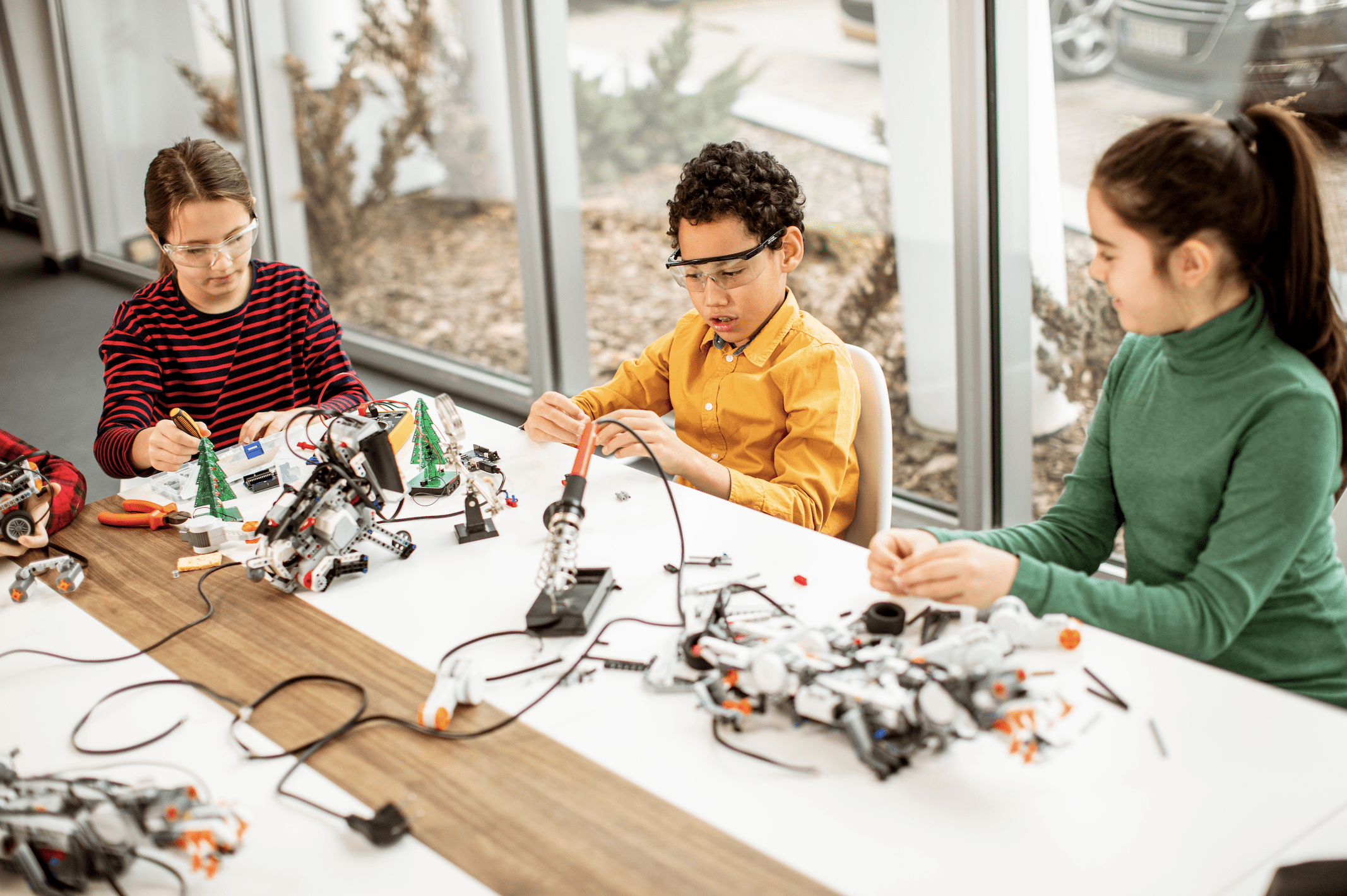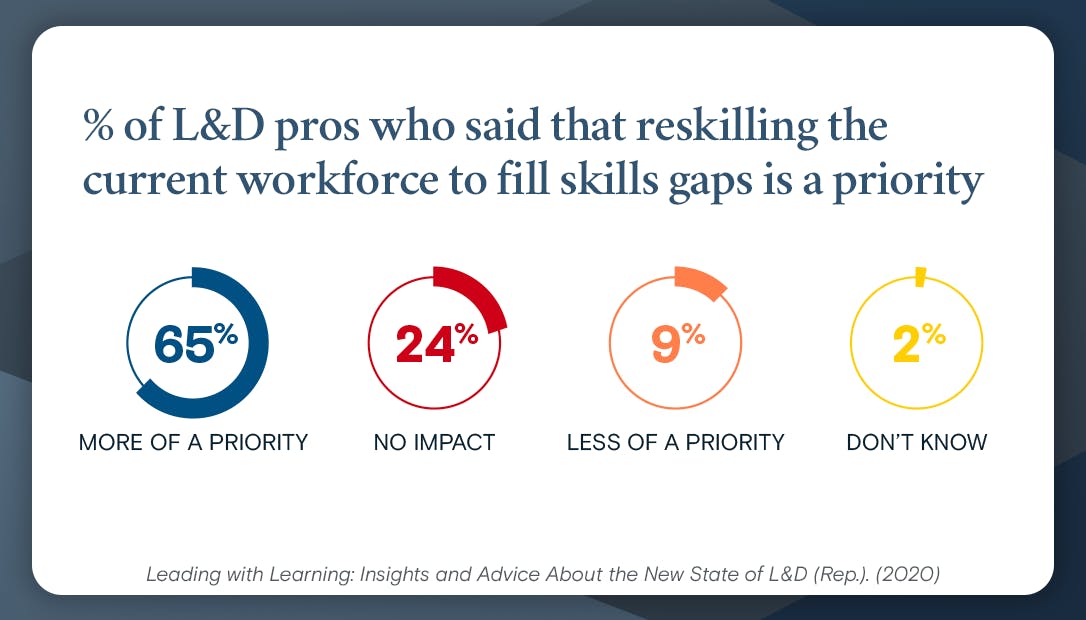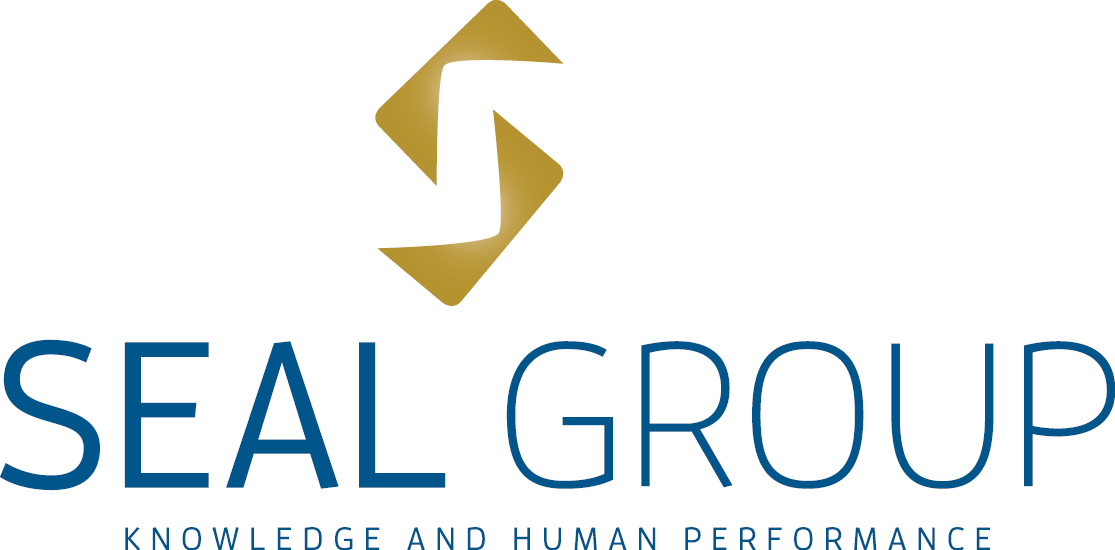Talent Factory: New Skills Are Necessary!
As technology advances, the world transforms, and economic trends evolve, the need to develop new skills and organizational talent becomes increasingly urgent. What has brought us here is no longer sufficient to take us where we want to go.

photo: pokitinnovations
The “Future of Jobs 2023” report predicts that by 2027, 43% of work tasks will be automated, posing a significant challenge for current workers. In this sense, it is imperative to urgently invest in talent and human capital to ensure a fairer and more prosperous future, where people have the opportunity to achieve their full potential and thrive.

Although only 0.5% of the global gross domestic product is currently directed towards lifelong learning for adults, studies show that investment in retraining and skill development can significantly boost the global GDP, creating economic and social opportunities. Faced with this reality, it is essential for companies, governments, and civil society organizations to join forces to develop and implement comprehensive retraining programs that prepare workers for the challenges of the future.
The World Economic Forum adopts a triple approach to generate tangible impact: rallying commitments, co-creating solutions, and connecting stakeholders. This ambitious initiative aims to accelerate retraining and skill enhancement worldwide, presenting learning models enhanced by artificial intelligence and maintaining a geographical focus through national accelerators.
The goal is to create a global network of collaboration among businesses, governments, civil society organizations, and educational institutions to address emerging challenges in the job market. Additionally, the platform identifies and highlights “First Competence Hubs”, public-private collaboration models that demonstrate innovative approaches to education and skill development. These inspiring examples encourage other organizations to engage in this true revolution, thus driving a global movement towards future work preparedness.
The Talent Revolution
The Fourth Industrial Revolution is creating the need for millions of new jobs, with vast opportunities to realize people’s aspirations and potential. However, currently, the dominant trend and narrative tend to perpetuate inequality, job displacement, and increased differences. In the job market, half of the global workforce may need retraining by 2025. In schools, if current trends persist, many students will continue to lack the necessary skills to thrive in the future, considering that much of what they learn in the classroom will be outdated by the time they enter the workforce.
The growing social unrest in much of the industrialized and emerging world, new shifts in labor markets due to pandemic repercussions, technological disruption, and green transition enhance collaboration between the public and private sectors, which can thus promote a completely different agenda, where the future of people and global economic prospects are improved through skills development and transformation in the educational process.
Through four interconnected areas of work, the WEF Reskilling Revolution project aims to contribute to building a fairer and more inclusive world that will benefit the economy and society through better skills and education for future generations.

Skills First
For visionary leaders who recognize the need (and opportunity) to prioritize skills and talent, the result is the transformation and evolution of their businesses and companies. Hiring based on skills and potential, rather than just qualifications or acquired experience, has the potential to position organizations at the forefront of innovation, enabling business strategy to adapt to the complexities of the future job market, where labor shortages and skill gaps greatly hinder productivity and longevity.
In this sense, developing “skills-first” strategies, focusing directly on potential and skills rather than how they were acquired, is the way forward. We need to embrace change, promote development, and ensure that everyone has access to the tools and means necessary to thrive in the future of work.
Leaders and organizations must definitely act differently. Creating value for shareholders can only be done together and in connection with employees, customers, and communities. This includes the responsibility to help people develop their talent, grow, learn new skills, adapt to future jobs and roles, ultimately becoming true “talent factories”. The “human” revolution is underway; it’s time to act.
Article by Sérgio Almeida, in partnership with Vida Económica.




